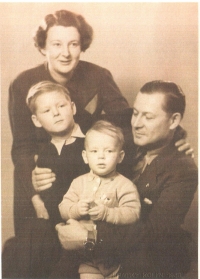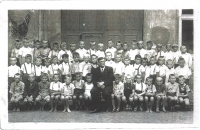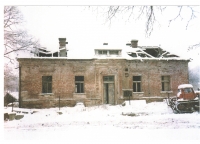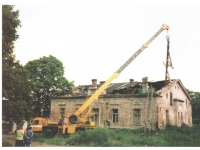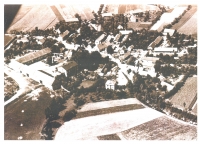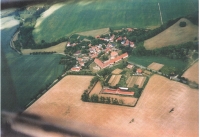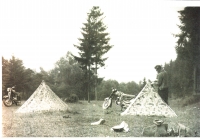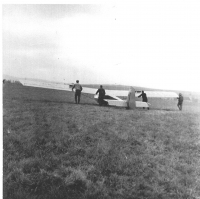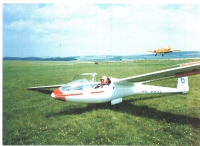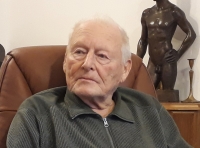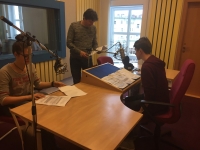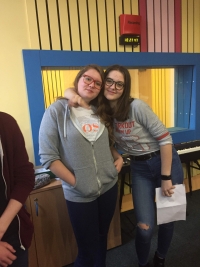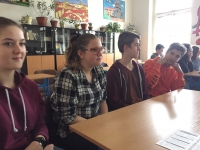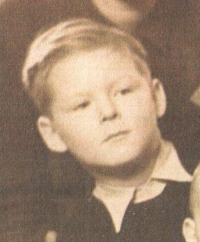In my life, I was lucky to meet good people
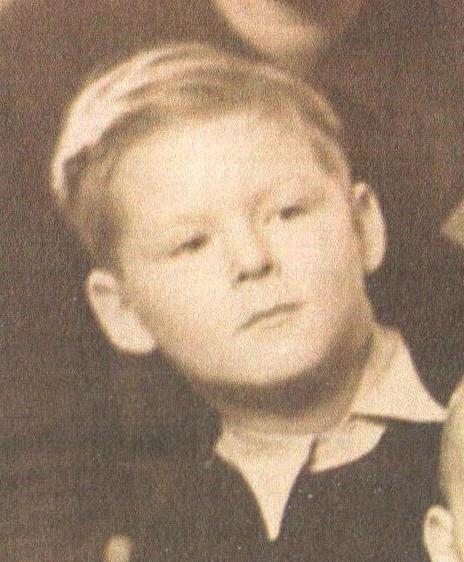
Download image
Josef Král was born on April 26th 1935 in Prague’s (Praha) district of Malá Strana; in 1938, he had moved to Sedlov near Kolín with his family. His mother, née Mandelíková, was Jewish; most of her family managed to leave the country before the war. Josef witnessed the 1938 mobilization. In 1942, his family’s assets had been confiscated by the Nazis and they were forced to move away from Sedlov. His maternal grandfather, who had remained in Czechoslovakia, had been imprisoned in several concentration camps, Auschwitz being the last of them. He also survived a death march. At the end of the war, witnesses’ father had been held in a labor camp. Josef witnessed bombing of Kolín in autumn of 1944 and in spring of 1945. After completing elementary school, he wasn’t allowed to study neither forestry nor agriculture, only being allowed to train as an agricultural labourer by the communist authorities. After his apprenticeship, he had been working at the State Farm and spent his compulsory military service in Košice and, due to an administrative blunder, at the Bratislava airport. While working as a veterinary technician at the Veterinary Service, he graduated from the secondary school of veterinary medicine and after that from the faculty of veterinary medicine. He got married and has two sons. As he had condemned the Warsaw pact invasion of 1968, he hadn’t been allowed to reach higher academic ranks. Due to political reasons, his sons had trouble being admitted to secondary school. He had been working at the Veterinary Drug Research Institute and had been voted a deputy chairman of a working section at a congress in Moscow. He could attend the event only after an intervention by the Scientific and Technical Society. In 1989, he had embraced the fall of the Communist regime and went on a trip to Austria right away. In 1992, the family got its property back. Josef Král founded his own company and for ten years had been farming his land in cooperation with the State Farm. He has been living in Sedlov, in a house where his mother was born.
